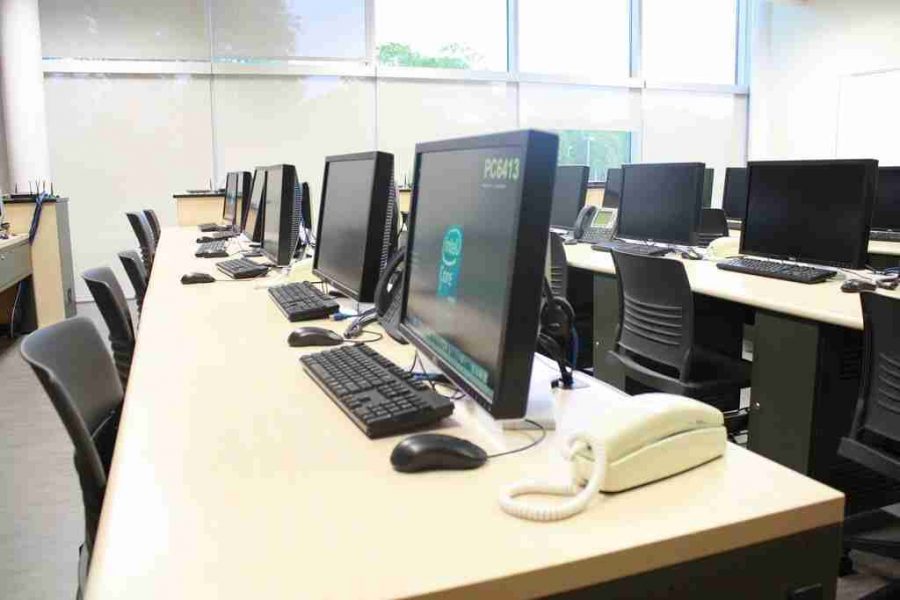“We’ll always have new malware that will be produced regularly,” said Wael Yousif, professor of Computer Engineering Technology at Valencia College. “Controlling the malware depends on how prudent the users are.”
With the latest issue of the DNSChanger malware infecting computers around the globe, even to the point of the FBI involvement, cyber security has become crucial for all computer users worldwide.
Google has had a program called Safe Browsing for the past five years, which helps prevent users from going to unsecured websites or accidentally downloading viruses. According to Google, 9,500 malware sites are found everyday.
“The new usage of malware will be used as cyber weapons,” Yousif said.
Ways to stay secure include not just creating special passwords, but rather avoiding illegally downloading software systems, such as Windows 7, or music, movies, etc.
“The use of pirated operating systems, prevents them from installing any of the security updates,” Yousif said. “They’re basically the low hanging fruit.”
According to Backgroundcheck.org, in 2008 41 percent of software installed on PCs were pirated.
Working at Valencia College for the past 12 years, Yousif has been the chair of the Computer Engineering Technology (Networking) Program.
Only a few years old, the program has been designated as a National Center of Academic Excellence in Information Assurance Two-Year Education for the academic years 2012-2017 from the National Security Agency and Department of Homeland Security.
It’s also important to note that having a virus protection software and not updating it regularly makes the software useless against malware, making it subject to new viruses or malwares.
To avoid identity theft, it’s important to create passwords with at least 8-12 characters, including numbers and/or special characters. Additionally, make sure the password is stored somewhere secure, not open to the public.
A surprising way to get malware onto your own computer is using USBs that are not your own. Once connected, whatever malware or viruses on that USB are automatically transferred to your computer, and you may not realize it.
Another more well-known tip is to be careful while surfing the web. Yousif compared it to a home alarm system, pointing out that if you have a system but open your door to a stranger, the system will not be able to help you.
“It’s important to think before you click,” Yousif said. “There are tools that help you decide the secure level of a website.”







